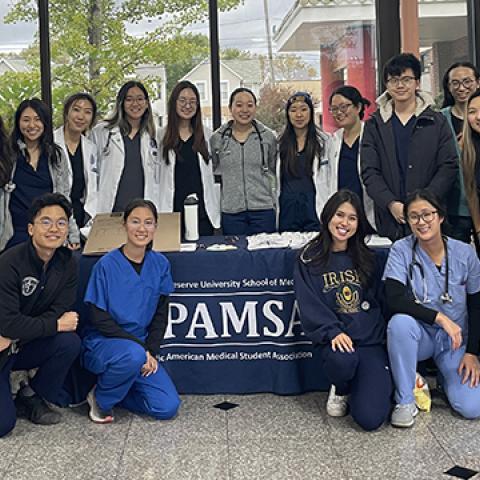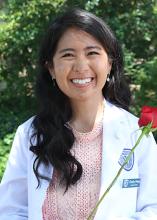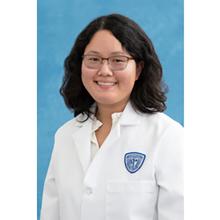Second-year School of Medicine students Emily Guo and Emily Peng discovered unmet healthcare needs in Cleveland’s AsiaTown community and created curricula to address them. The two will showcase insights gained from their “Healthcare in AsiaTown” elective at the Asian Pacific American Medical Student Association national conference March 1–3.
“Over the summer, I reached out to a community organizer in AsiaTown, about creating health-related programming,” said Peng. “When the organizer was interested, I thought, well, maybe we can turn this into something bigger and make an elective out of it.”
The two proposed and gained approval for the “Healthcare in AsiaTown” elective (reviving a similar program dissolved during the pandemic) and in fall 2023 the cohort of 12 students met once a week and covered a wide variety of topics, including:
- A history of community and federally-qualified health centers in AsiaTown,
- Public health issues in Asian American Pacific Islander (AAPI) communities,
- AAPI healthcare leadership, and
- Integrative and alternative medicine.
Guo and Peng organized a speaker series and planned a community health fair for the cohort to oversee. They surveyed the community to help choose what health topics they wanted to learn more about (in addition to blood pressure and BMI screenings).
“An overwhelming amount of people wanted to learn about bone health and nutrition, “ said Peng. “So we included fitness and nutrition components into the health fair.”
Based on the surveys, the health fair organizers also included dental screenings, cholesterol tests and CPR training.
The health fair highlighted areas of opportunity for future partnerships.
“There was a language barrier, as many of the population is older and speak Cantonese, and we didn’t have many in the cohort who speak Cantonese,” said Guo. “There is also a hesitancy to use healthcare in the U.S. because it’s both harder to access and doesn’t necessarily fit their culture.”
Both agree it was incredibly valuable to experience the health challenges Asian Americans face in Cleveland and the balancing act between Eastern and traditional medical practices. They also hope future healthcare partnerships in AsiaTown can ameliorate the sense of isolation they witnessed in the community.
“Many of their family members have moved away, and they just have each other,” said Guo. “There is so much room for this program to grow, and it's very rewarding knowing we were that stepping stone.”




